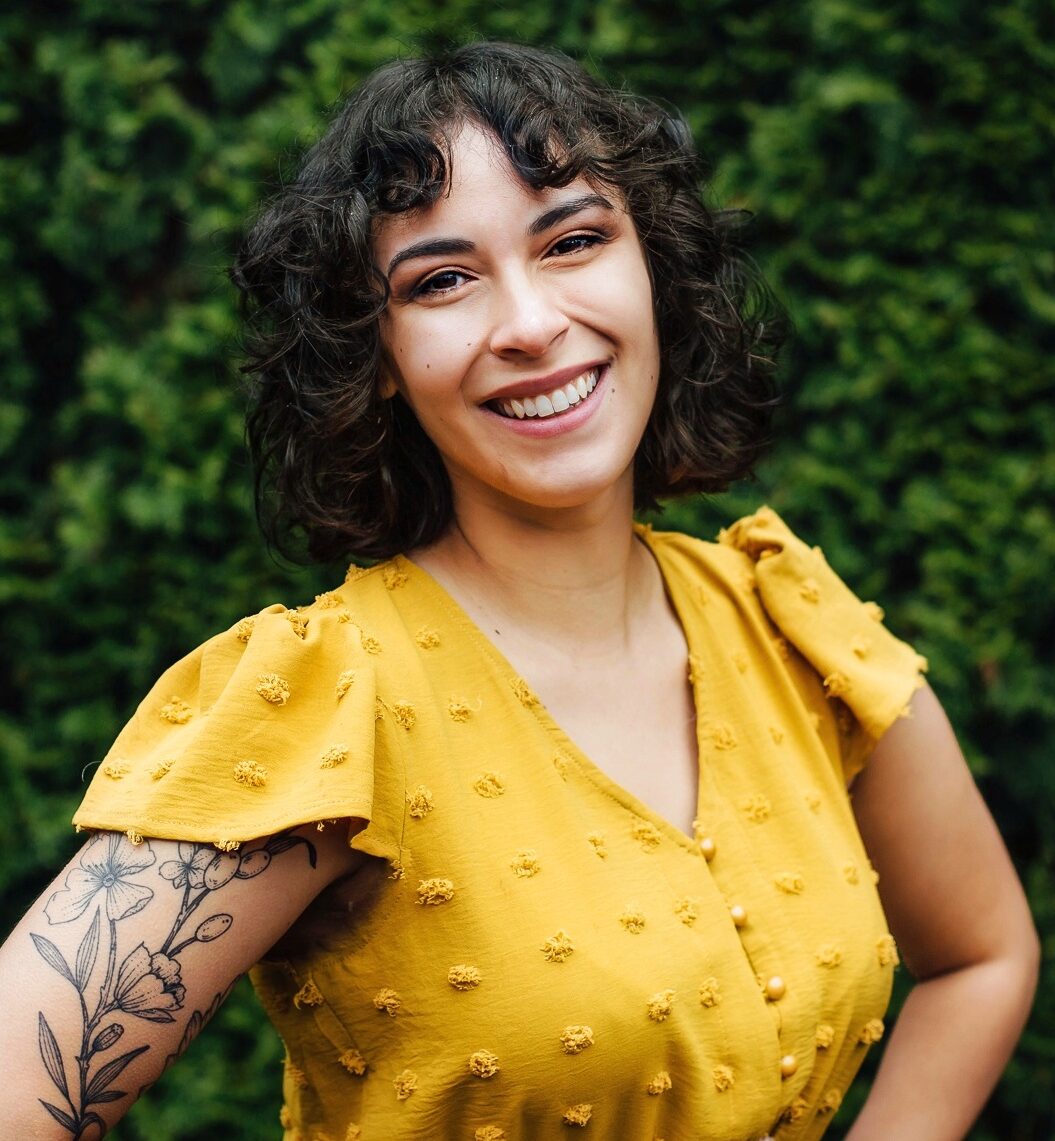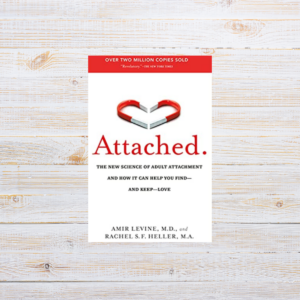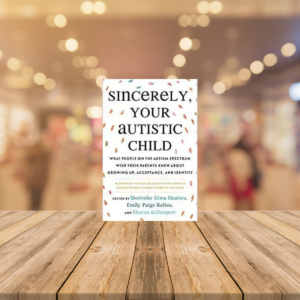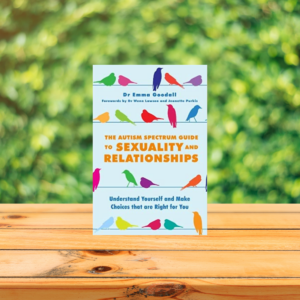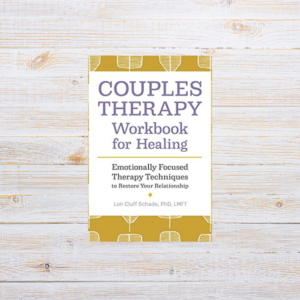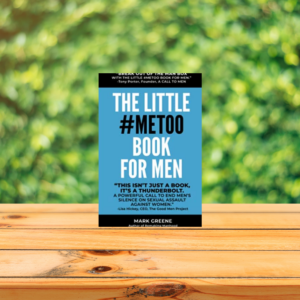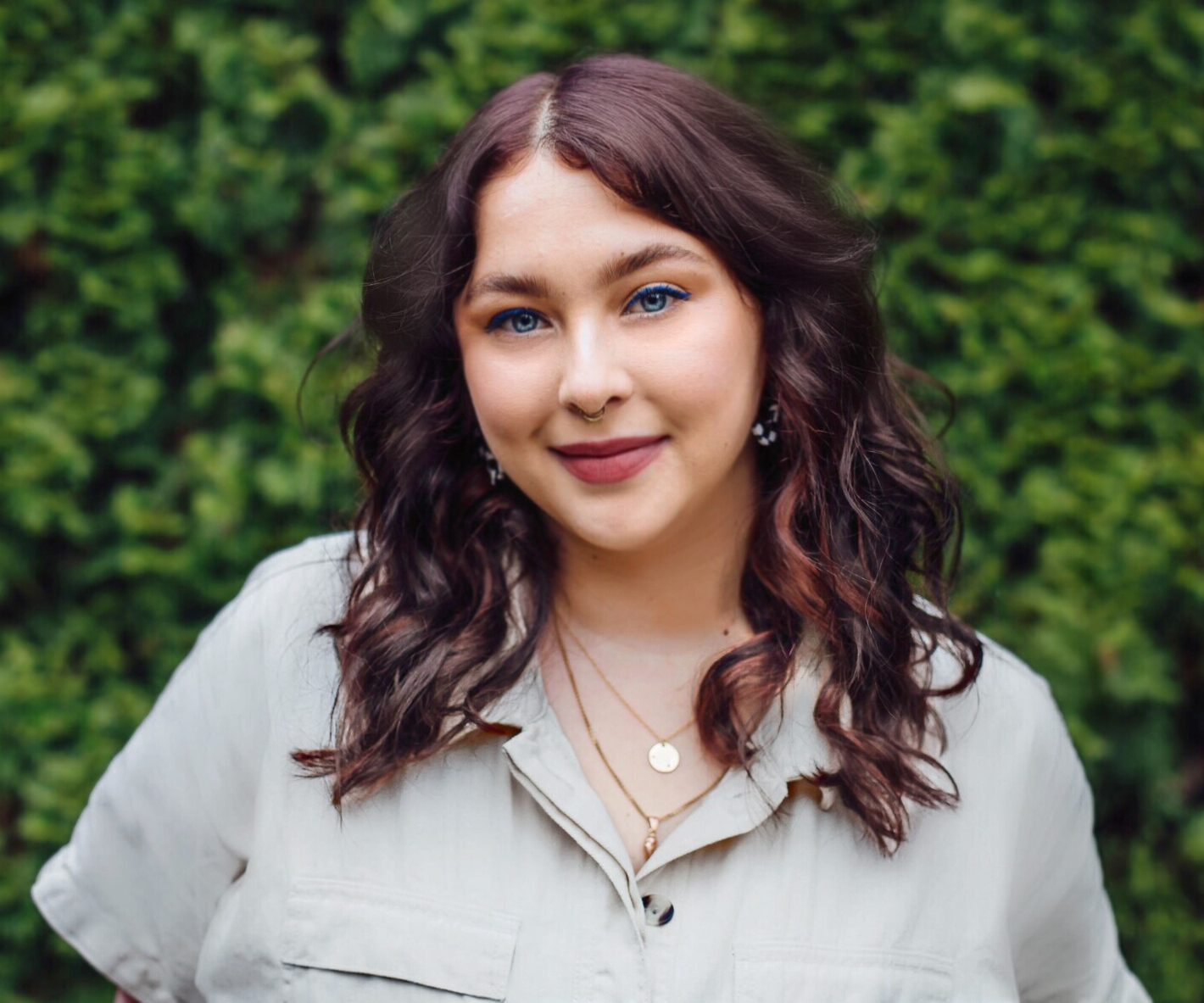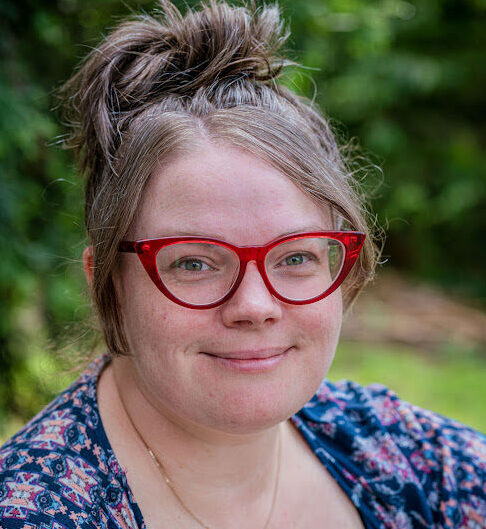We live in a fast-paced society that values productivity above all else. Because of this it’s easy to lose focus on taking care of ourselves, finding joy in the little things, and fostering relationships that bring us peace. I look at therapy as a chance to slow down and focus on connection, whether that be your connection to pleasure, to your partner(s), or to the inner parts of you that crave healing.
Perhaps you find yourself stuck in the same fight with your partner again and again and can’t seem to fix it. Maybe you sometimes feel like you are speaking different languages, and you just can’t find the right words to help them understand you. Maybe things have happened that have harmed your trust in the relationship, and you’re not sure how to mend it on your own.
In therapy, my focus is on creating a judgment and shame-free space where you and your loved ones can learn to understand each other deeply, become curious about the things you cannot understand, and strengthen your communication skills in order to increase intimacy, playfulness, and peace in your day to day lives together. I use an integrated approach that focuses on Attachment and Narrative therapies and affirms LGBTQ+, kink/BDSM, and neurodivergent identities and voices. I look forward to getting to know you and hearing your story!
Noelle specializes in…
- Licensure
- Marriage and Family Therapist Associate
- Clinical Supervisor: Jessica Broderick, MA, LMFT and Jes Bradshaw LMFT, AASECT Certified Sex Therapist
- Degrees
- Bachelor of Arts in Psychology – San Diego State University
- Master of Arts in Marriage, Couple and Family Therapy with specialization in Sex Therapy – Lewis and Clark College
My Journey
I knew that I wanted to become a therapist when I graduated highschool, but to my undiagnosed neurodivergent brain, the process of becoming one felt out of reach. It was a struggle to motivate myself to make it to class on time, do my homework, and complete daily tasks that I saw my peers do seemingly with ease. Try as I might, I couldn’t “fix” my brain, but what I did manage to do was learn to shame myself, label myself as lazy, and start to believe that I just wouldn’t ever be able to be that organized, ambitious, motivated person I thought I should be.
When I first started seeing a therapist who suggested that I may be neurodivergent, it felt like a lightbulb switched on in my mind. I was able to start reauthoring my story; I wasn’t a lazy unproductive person, but someone who’s executive dysfunction made it difficult to exist in a world built for neurotypical people. Changing the story I told about myself in my head allowed me to start being gentle with myself and find new ways to make things easier. The “problem” is still there, but I no longer think of it as a problem. Once I accepted this part of myself, I could begin to work with it instead of against it to better my life.
I was inspired to become a couples therapist after seeing how this shift in my own perspective shifted the quality of relationships I was having with others. My early 20s was a chaotic romantic chapter in which I experienced a lot of emotional turmoil and abuse. The experiences I was having in relationships fueled my negative feelings about myself, and the cycle continued. When I began to shift my perspective about myself, I was able to connect more authentically and intimately with others and form relationships in which I could support and be supported. Making this change was not easy or linear, and that is why it feels important to me to focus on working with couples on becoming more secure, authentic, and intimate.
In my free time I enjoy cooking elaborate meals, weight-lifting, becoming hyper-fixated on new crafty hobbies and abandoning them weeks later, hiking with my partner and our dog Bowie, yoga, and reading horror literature.
